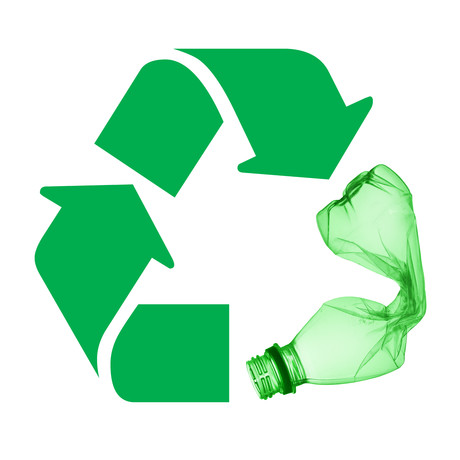 The two largest costs for any airline are labor and jet fuel. Though capacity varies widely by aircraft type and size, the average commercial jet airliner fills up with 3,500 gallons of jet fuel that cost an estimated $7,070 dollars in August 2019. According to the industry trade group Airlines for America, the price for a gallon of Jet A – the fuel most used in civilian jet airliners – was $1.85 per gallon as of May 17, 2021, meaning a 3,500-gallon fill-up would cost an airline about $6,475 before fuel additives as well as all other expenses (fueler personnel, etc.) are added in, which can run in the hundreds of dollars for a 3,500-gallon fill-up.
The two largest costs for any airline are labor and jet fuel. Though capacity varies widely by aircraft type and size, the average commercial jet airliner fills up with 3,500 gallons of jet fuel that cost an estimated $7,070 dollars in August 2019. According to the industry trade group Airlines for America, the price for a gallon of Jet A – the fuel most used in civilian jet airliners – was $1.85 per gallon as of May 17, 2021, meaning a 3,500-gallon fill-up would cost an airline about $6,475 before fuel additives as well as all other expenses (fueler personnel, etc.) are added in, which can run in the hundreds of dollars for a 3,500-gallon fill-up.
One can see from the above that airlines spend quite a bit of money on fuel, given the thousands of commercial flights winging their way around the US daily. It behooves airlines, then, to keep their fuel costs under control and to ensure a steady supply of Jet A to avoid the steep price hikes which have characterized the jet fuel market in the past. Help may be on the way in that regard, though, as promising research from Washington State University has shown.
Scientists at the university report they’ve developed a method to convert plastics to ingredients for jet fuel, at the same time making it both easier and less costly to reuse plastics, which seems like a win-win situation for airlines and plastics recyclers.
Apparently, researchers were able to convert up to 90% of plastics put through the newly developed process, churning out jet fuel and other valuable hydrocarbon products in only about an hour, and at moderate temperatures using techniques that can be quickly structured – as well as scaled up — to turn out the hydrocarbon products needed in many industries, including airlines.
Less plastic in landfills and more Jet A on the market both have their obvious benefits. For airlines, increased fuel supply could eventually mean consistently stable prices for it over the long run. For air travelers, stable fuel prices could help keep ticket prices on an even keel as well, which would also be a win-win, this time for airlines and their millions of customers.
